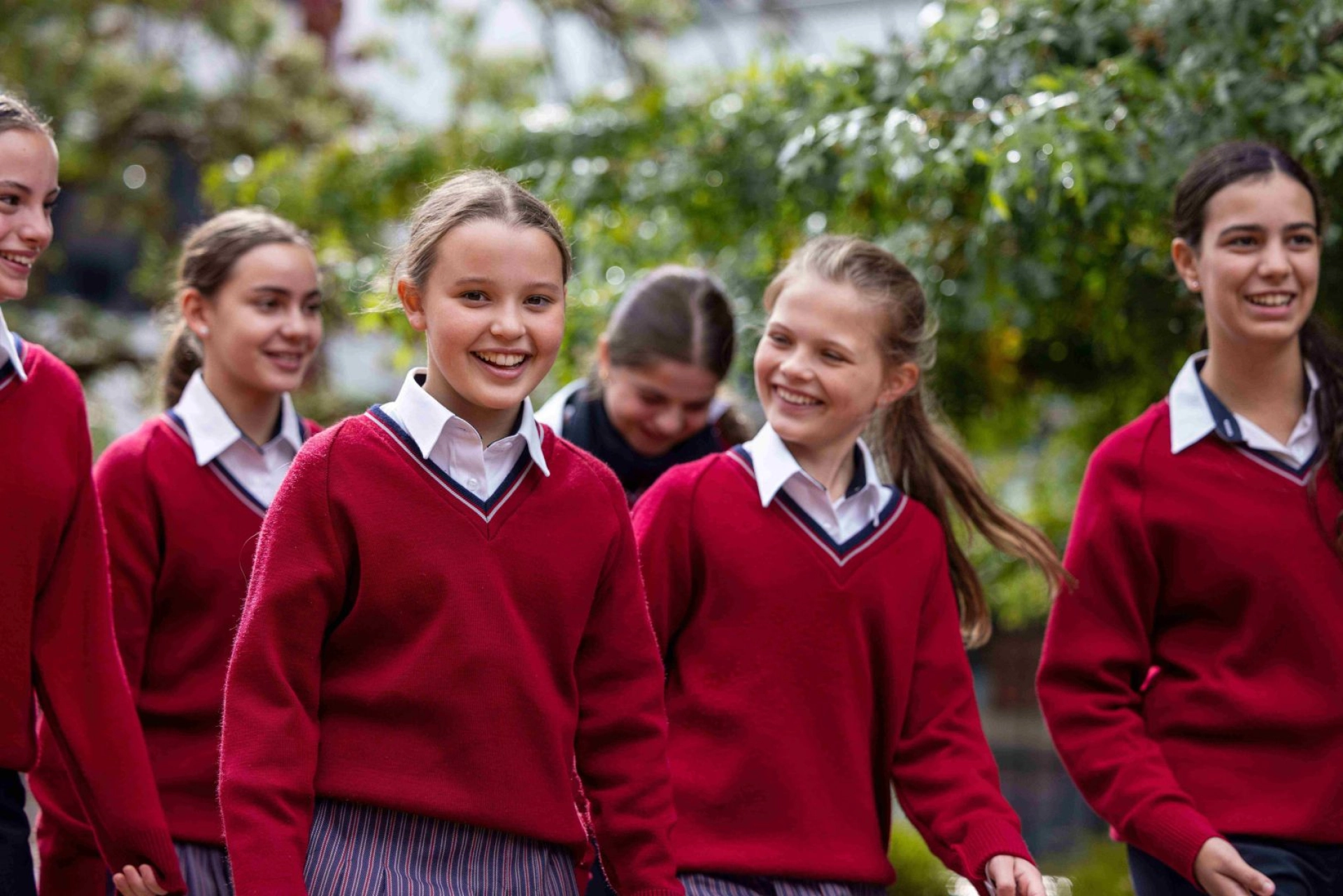Dr Judith Locke, psychologist, author and presenter, recently spoke to OLMC staff and parents. During her presentation, Judith focused on practical strategies to help our young people develop attributes such as resilience and self-regulation. Judith’s books include more detail into the insights she has gained through her research of the impact of parenting styles. Her titles include The Bonsai Child, The Bonsai Student and most recently, Raising Anxiety. Please find below a recent column written by Judith regarding Gratitude:
Teach your child gratitude
Having gratitude for the good things in your life is a cornerstone of satisfaction and wellbeing. But in the age of excess, how do parents ensure their child is broadly appreciative of their pretty good life?
A few years ago, a lovely couple told me about their very difficult teenager who had made the family’s life very challenging. ‘He’s so demanding and complaining about what he doesn’t have’, they said. ‘He completely ruined our Christmas trip to Switzerland.’
Sorry, what? Your child got to be a pain in the neck last year and he got rewarded with a trip to Switzerland? And yet he still thought his life was hard done by?
I’d like to say that this story is unusual but increasingly I am hearing parents complain about their child’s lack of gratitude. And the terribly ironic thing is that often these children appear to have everything going for them and the sorts of childhoods that many would only dream of.
In some ways, it is the very fact that they get everything that makes them even more demanding. I call these kids ‘the 99ers’. 99% of their life is going well, but often they are livid about the 1% that is not exactly to their demands. This minor inconvenience often makes them angrier than the children who have got far less.
In some ways, the more you give your child the more you teach them to always expect things from you. If they typically receive everything they ask for, why wouldn’t they ask for more?
So, how to you turn it around?
We can’t underestimate the positive impact of a child being proud of something they feel their efforts have earned them. If they have worked hard to do extra chores to earn their spending money at a theme park or their candy purchasing power at the movies, then they are probably going to spend the money more wisely. But also, they are going to be more appreciative of the moment their hard work paid off, than the child who has been handed the money via request or demand only.
Think about the thing that you are proudest of. It is typically not something that came easily to you, but something that you worked hard for – the car you saved for, the business you put in hours to build, the long-term relationship you put your best into every day.
So, next time your child asks, give them two for the price of one, an opportunity to earn the item and the pride and satisfaction that come with their achievement.
Takeaway for parents
Start giving your child the chance to earn the good things in their life - doing chores to get screen time, taking in the washing to get a lift to their mate’s place. This will go a long way to making them more grateful for all you do for them and their many blessings in life.
© Judith Locke
Dr Judith Locke is a Clinical Psychologist and child wellbeing specialist who presents sessions for parents and teachers at schools around Australia and internationally. For more of Judith’s work read her parenting books, The Bonsai Child and The Bonsai Student (also available in Mandarin). Judith has recently co-authored the parenting book, Raising Anxiety, with Dr Danielle Einstein. You can also follow Judith’s Facebook page Confident and Capable.




